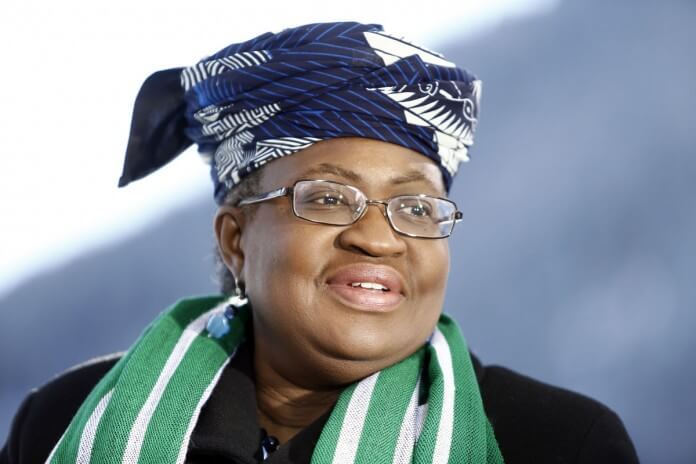News
Okonjo-Iweala Tasks Nigeria, Other African Countries On Transparency, Better Management Of Debts
Nigeria’s former Minister of Finance, Dr Ngozi Okonjo-Iweala, has said Nigeria and other African countries should ensure a transparent and better management of their resources including debts in order to boost their economies after the devastating effects of COVID-19 on the continent.

She said this while delivering the 15th convocation lecture of the Bowen University, Iwo where she was also conferred with a Doctor of Technology ( Honoris Causa) degree. Okonjo-Iweala, who is a leading candidate for the post of Director-General of World Trade Organisation, delivered the lecture online which was monitored by our correspondent.
She said the recent #EndSARS protests in Nigeria were a way of demanding accountability by the youths.
Okonjo-Iweala said the economic impact of COVID-19 on the African continent was much devastating than its health effects.
She advised that Africa must take some steps like investing in infrastructure, education and industries by adding value to its raw materials, saying this would address unemployment problem.
Okonjo-Iweala said, ” Africa’s post COVID-19 economy needs human development investments that can propel it to a new height.
“Africa needs improved governance, transparency and accountability. Africa’s young population is increasingly demanding better governance from the leaders including transparency and accountability. Nigeria’s recent EndSARS movement is a true desire for accountability
“A post COVID-19 modern economy must be anchored on open, transparent and accountable governance. Governance that gives youths, women and other marginalised people increased voice
“An important aspect of transparency and accountability relates to the use of resources including debts. Africa needs better and more transparent management of its debts. Such transparency engenders trust of citizens and facilitates better working relationship. Africa also needs to exercise greater caution in respect to its increasing debt profile.”
The former Managing Director of World Bank said 94 per cent of drugs and medical equipment used in Africa were imported from China, saying coronavirus exposed this fact as many did not have access to drugs during the lockdown to curb the spread of the virus.
She said that Nigeria and South Africa which had some capacity in this area should invest more to boost it.
“The push for industrialisation and value added manufacturing will create good modern jobs for the continent’s youthful population thus reducing exposure to volatile global commodity market.
“The implementation of the African Continental Free Trade Area will provide a large regional market needed to absorb these manufactures which will in turn boost inter Africa trade currently at low 15 per cent.
“COVID-19 has shed light on the concentration in China of global supply chains of medical supplies and equipment. Countries have woken up to their vulnerability and many are planning to build resilience for future pandemics.
“Africa imports 94 per cent of its pharmaceuticals and this is huge for a continent with a population of 1.3billion. COVID-19 should provide the opportunity for the continent to develop regional supply chains of pharmaceuticals. South Africa and Nigeria have presently have some manufacturing capacity in this area and should boost this.”
Follow us on social media:



